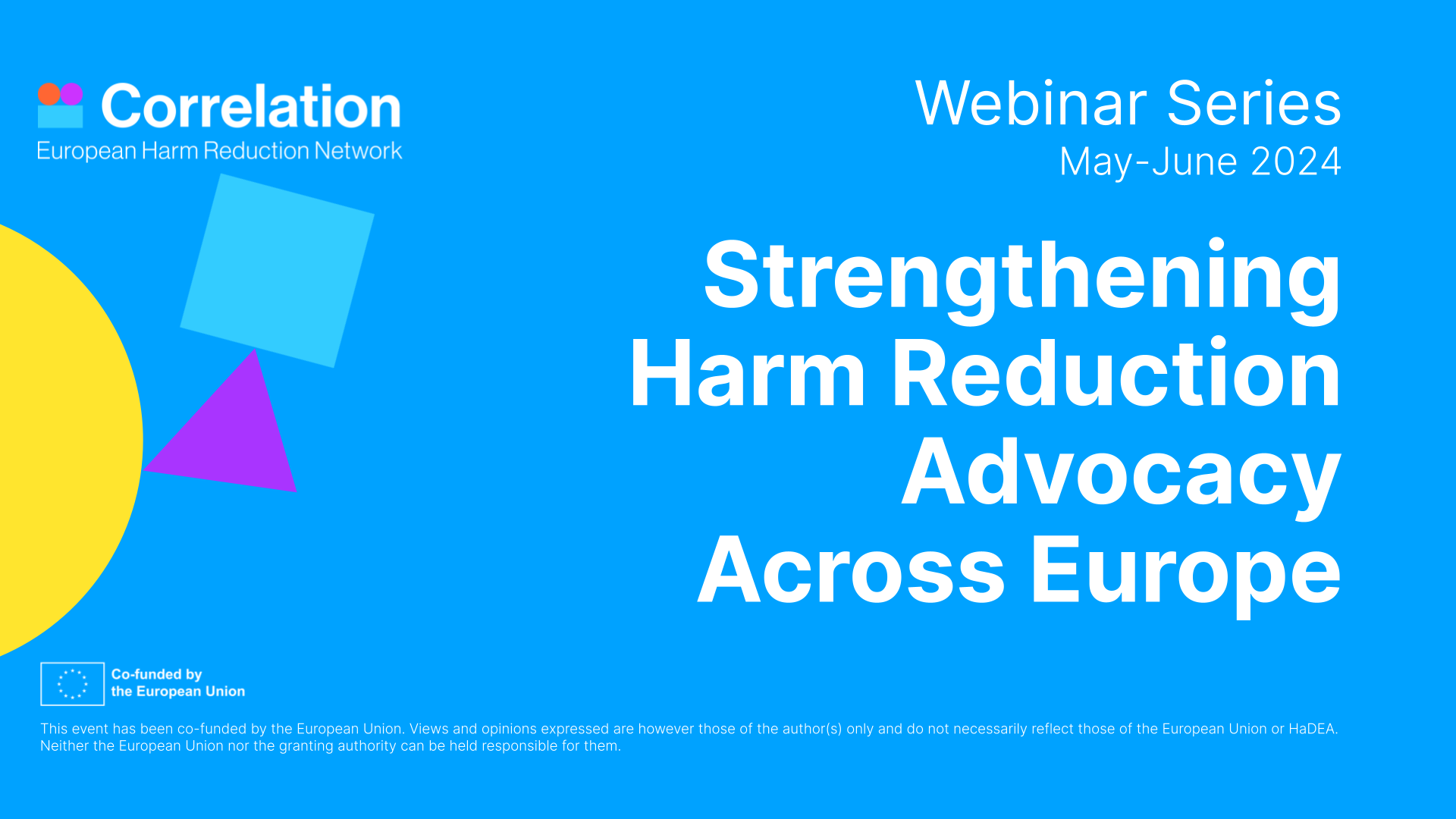
Since the arrival of COVID-19 in Barcelona, our clients have been affected by a new reality that is beyond the limits of their access to facilities and services that affect proper socio-health care for their needs and rights.
Initially, and in the face of the public health alarm caused by a pandemic of this type, we should avoid applying a series of measures aiming to avoid new infections and try to limit contact and closeness in spaces as much as possible, as well as to detect people that are already presenting symptoms with the idea of keeping track of their situation and their conditions.
Actually, we try to expand and guarantee the security measures both in the centre space and of the professionals in order to follow the guidelines that the Health Department communicated to us. We tried to extend the coverage a bit more by delivering users prepared food packs that were easy to consume in the street, by letting them have individual access to the room, shower with taken precautions such as disinfection before and after use and later the laundry service, using washing programs with the appropriate temperature. Access to the centre is enabled after following protocols for hand disinfection, use of masks and respect for interpersonal space in order to guarantee optimal conditions to combat the spread of the virus.
As a team of professionals, we try to think and propose solutions for the administration in relation to confinement spaces that are adapted to people with active consumption, the start of opioid substitution programs, people with dogs, problems with alcohol, women in the street, couples in the street, gender violence. This new health emergency involves considering a set of realities. From social services, our users are excluded or are not considered due to the reality of consumers of illegal substances. This fact makes them unable to comply with a work plan imposed as a condition to arrive to accomplish the demands imposed by social services.
At this stage, our clients have expressed greater concern, doubts regarding situations with the police, questions related to confinement centres that were already planned to be opened in the city of Barcelona for people living in the street. Difficulties with the availability of some substances or the rise in prices in the limited supply. They expressed to us the strange feeling of being in an almost empty city without the set of situations that normally on a day-to-day basis allow them to manage their personal, social and substance-use needs.
SECURITY MEASURES:
• Hand sanitizer dispensers at all centre access points
• Professionals with face masks and gloves
• Ensuring the maintenance of a secure distance of one and a half meters between people
• Individual access for the clients in each area of the service
• Disinfection of all spaces before clients’ access, especially showers and supervised consumption room
MANAGEMENT AND COLLABORATION
• Two quarantine centres managed by the Red Cross in Barcelona for people living in the street (guarantee of treatment or continuity and provision of nursing support)
• Public health agency to include a new Metabus stop (Methadone Dispensing Bus) in confinement facilities
SERVICES OFFERED
• Supervised consumption room (Ensuring safety space of a meter and a half.)
• Offer clean needles and syringes and other paraphernalia to injectors or smokers users of drugs, special kits for methadone injectors and sexual prevention material.
• Collection of used consumer material
• Emergency care assistance and medication treatment (HIV treatment and Hep-C treatment)
• Food packs to take away
• Individual entry to the drop-in area, shower and laundry service
• Posters with information on preventive measures against the coronavirus. Individual advice on the precautionary measures to be taken.
• Information on facilities operating to cover food and shelter.